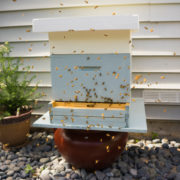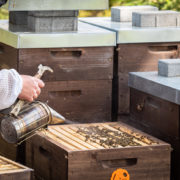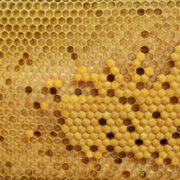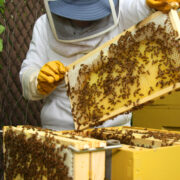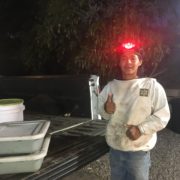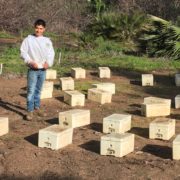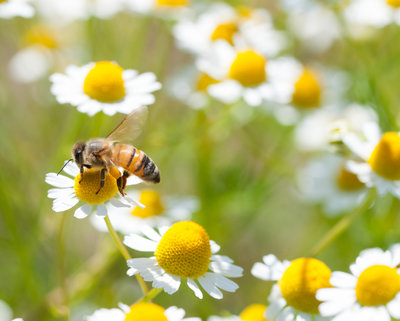Beekeeping And Estate Planning
At Wildflower Meadows we are not estate planning experts. There are more than enough qualified individuals available to assist you with the important questions of how to draft a will, and how to prepare one’s estate for the inevitable.
But when it comes time for estate planning, what about your bees? As a beekeeper, are you thinking about what will happen to your colonies when you are no longer around to take care of them? Do you have a plan for them? Before you assume that these are silly questions, keep in mind that anything can happen.
At Wildflower Meadows, we recently received a call from a distressed customer. Her father, a long-time beekeeper, had recently passed away, leaving her the sole beneficiary of 200 colonies. Aside from the fact that she had little beekeeping experience, her biggest challenge was that out of the 200 colonies, she had only been able to uncover the location of approximately 30 of them. The remaining 170 colonies were missing, located in other apiaries, of which she had no idea of where they were.
While this customer had ordered 30 Wildflower Meadows’ queens to requeen the colonies that she had found, she had no idea how to find the other 170 missing colonies. Neither the county bee inspector, nor her father’s friends, knew of their locations. They were missing, and possibly lost forever. If only her father had left instructions in his will, these colonies could have been saved. Now they will need to depend on pure luck to be returned to their rightful beekeeper, or be abandoned.
Over the course of the years, here at Wildflower Meadows, we have “inherited” our fair share of abandoned bees and beekeeping equipment. From time to time, we receive calls from frustrated real estate agents asking us to pick up long-abandoned apiaries that have no signs, markings, or any other identifying features on the boxes or frames. More often than not, it is assumed that a beekeeper died somewhere along the way, leaving colonies behind, completely forgotten and abandoned. This is bittersweet for us. While we appreciate picking up some additional equipment and perhaps even some bees, we feel sad for the beekeeper and his or her bees that became permanently separated and left abandoned without proper care.
So here is our decidedly “un-expert” estate planning advice: Don’t forget about your bees! Register your apiaries with your county bee inspector so that there will be a record of ownership in case someone needs to find them. And, why not leave instructions for the care of your bees along with your will? Both your beneficiaries and your bees will be thankful that you were a conscientious beekeeper . . . all the way to the very end.


